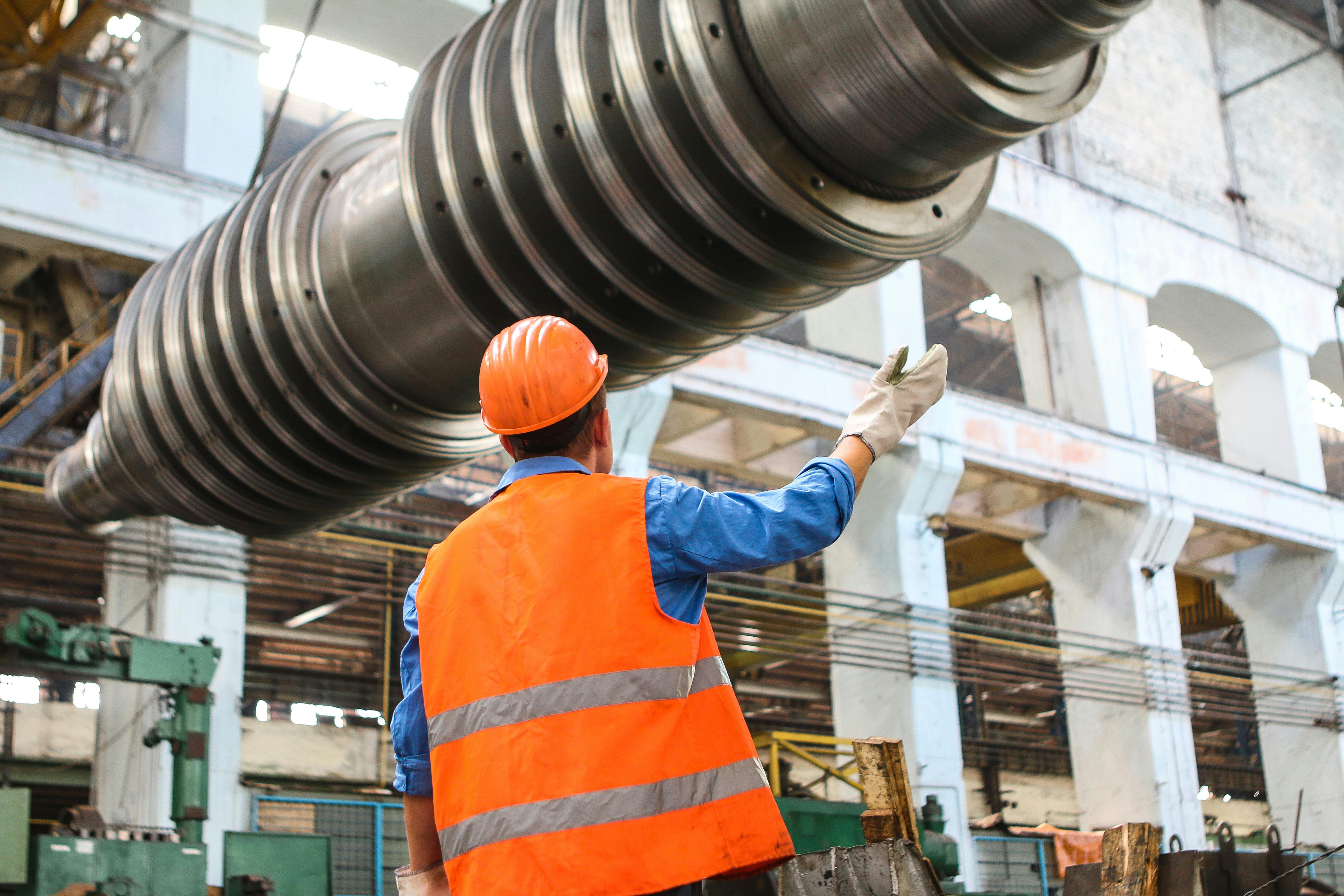
Selecting the Right Scaffolding Type for Your Project
Different construction projects require different types of scaffolding. Understanding the various options will help you make the right choice for your specific needs.
Frame Scaffolding
Best for: Residential and light commercial projects Typical applications: Home renovations, painting, siding installation Advantages: Easy to assemble, economical, versatile Considerations: Limited height capabilities, less stable for complex structures
Frame scaffolding is commonly used in cities like Nashville and Las Vegas for residential construction.
System Scaffolding
Best for: Complex commercial and industrial projects Typical applications: High-rise construction, irregular structures Advantages: Highly adaptable, stronger, can reach greater heights Considerations: More expensive, requires specialized knowledge to erect
In Chicago and Philadelphia, system scaffolding is preferred for complex urban projects.
Mobile Tower Scaffolding
Best for: Projects requiring frequent relocation Typical applications: Maintenance work, interior painting, mechanical installations Advantages: Portable, quick setup, ideal for multiple work areas Considerations: Limited height and load capacity, requires level surfaces
Mobile towers are popular for indoor work in convention centers in Las Vegas and retail construction in Houston.
Suspended Scaffolding
Best for: High-rise exterior work Typical applications: Window installation, facade maintenance, exterior painting Advantages: No ground support needed, adjustable height Considerations: Higher equipment and insurance costs, weather susceptibility
New York City and San Francisco have specific regulations for suspended scaffolding on high-rise buildings.
Shoring Scaffolding
Best for: Structural support during construction Typical applications: Concrete formwork, building reinforcement Advantages: High load capacity, adjustable Considerations: Complex setup, requires engineering approval
Regional Considerations
Coastal Areas
In coastal cities like Miami and Seattle, corrosion-resistant materials are essential for scaffolding.
Urban Centers
Dense urban environments in Los Angeles and New York City often require sidewalk bridge configurations and specialized traffic management.
Seismic Zones
California projects require scaffolding designed to withstand seismic activity, with additional bracing and connections.
Choosing the Right Provider
When selecting scaffolding, work with experienced providers who understand local requirements. Many providers specialize in specific scaffold types, so ensure your rental company has experience with your project type.
By understanding the different scaffolding options and their applications, you can make an informed decision that enhances safety, efficiency, and cost-effectiveness for your project.
Author
Armands K.
Scaffold Industry Expert